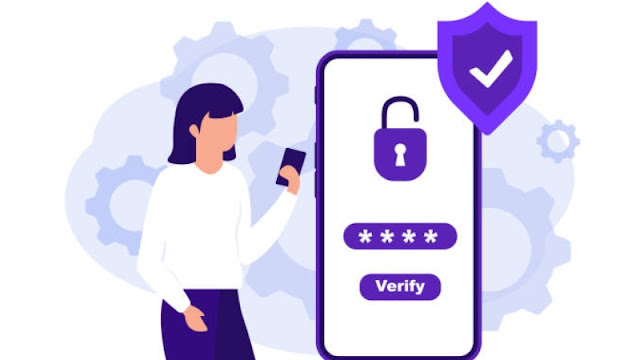- Get link
- X
- Other Apps

Introduction
In an era dominated by digital interactions and online
transactions, ensuring the security of sensitive information has become
paramount. One of the widely adopted methods to fortify the authentication
process is through One-Time Passwords (OTPs) delivered via Short Message
Service (SMS). This thing delves into the intricacies of OTP SMS, its
significance in bolstering security, and the evolving landscape of authentication
in the digital age. Read More: prohealthweb
I. The Rise of Digital Transactions
The proliferation of e-commerce, online banking, and various
digital platforms has transformed the way individuals conduct transactions.
While this has undoubtedly brought convenience, it has also exposed users to
the risks of unauthorized access and identity theft. As a response to these
challenges, OTPs emerged as a dynamic solution to fortify the authentication
process.
II. What is OTP SMS?
A. Conceptual Framework
An OTP is a temporary and unique code that adds an extra
layer of safety to the login or transaction process. Instead of relying solely
on static passwords, which can be vulnerable to hacking, an OTP is generated
for each session. This one-time code is typically valid for a short duration
and is sent to the user through various channels, with SMS being one of the most
popular delivery methods.
B. How OTP SMS Works
User Initiation: When a user attempts to log in or initiate
a transaction, the system prompts them to enter an OTP.
Generation of OTP: The server generates a unique OTP and
associates it with the user's session.
Delivery via SMS: The OTP is sent to the user's registered
mobile number via SMS. This process ensures that the user receives the code in
real-time.
User Authentication: The user enters the OTP received in the
SMS, and the system verifies its correctness. If the OTP is valid, access is
granted; otherwise, the user is denied entry.
III. Advantages of OTP SMS
A. Enhanced Security
OTP SMS significantly strengthens security by introducing an
element of randomness. Even if a malicious actor obtains a user's password,
they would still need the time-sensitive OTP to gain access.
B. Accessibility
Unlike some other forms of authentication, OTP SMS doesn't
require an internet connection. This makes it accessible to users in areas with
limited connectivity, ensuring a broader reach.
C. User-Friendly
The simplicity of receiving a code via SMS and entering it
provides a user-friendly experience. This ease of use contributes to higher
user adoption rates.
IV. Challenges and Concerns
A. Phishing Attacks
While OTP SMS adds a layer of security, it is not immune to
phishing attacks. Users may be tricked into revealing their OTPs through deceptive
messages or websites.
B. SIM Swap Attacks
Attackers may attempt to gain control of a user's phone
number through SIM swapping, thereby intercepting OTPs. Telecom providers and
users need to be vigilant to counteract this threat.
V. Evolving Landscape: Beyond OTP SMS
A. Biometric Authentication
The future of authentication is witnessing a shift towards
biometrics, with fingerprint scans, facial recognition, and even behavioral
biometrics gaining prominence.
B. Two-Factor Authentication (2FA)
While OTP SMS is a form of 2FA, other methods, such as
app-based authenticators or hardware tokens, offer alternatives that may be
more resilient to certain types of attacks.
VI. Regulatory Compliance
In the wake of increasing cyber threats, regulatory bodies
are establishing guidelines to ensure the secure implementation of OTP SMS.
Compliance with these standards is vital for organizations handling sensitive
information.
VII. Conclusion
As the digital countryside continues to evolve, the
importance of robust authentication mechanisms cannot be overstated. OTP SMS
has played a pivotal role in enhancing security, but it is essential to
recognize its limitations and explore more advanced methods. Striking a balance
between security and user convenience is key to fostering a secure digital
environment in which users can trust their interactions.
- Get link
- X
- Other Apps